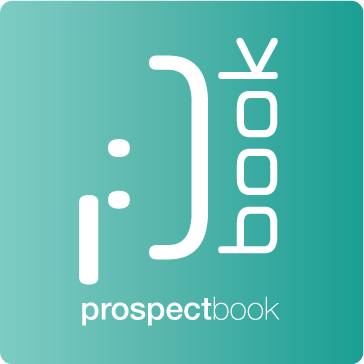The answers to these questions should act as initial guidelines regarding the MIT payroll outsourcing option. Outsourcing services can be selected individually to suit the unique needs of your organisation, such as simple data processing or the complete transfer of responsibility for a payroll department. Other options include pay-slip production, financial flow management, or answering employees’ questions on their net salaries. Understanding the key issues surrounding what is offered by payroll outsourcing can help organisations select the most appropriate packages, both in terms of services and value.
1. What are the potential benefits?
- Cost: outsourcing charges typically work out to be less than maintaining a specialist in-house team.
- Confidentiality: payroll details can be held and managed separately to other business information in an outsourcing arrangement, thus avoiding any accidental or incidental access.
- Reliability of Service: as is the case with other personnel-driven business processes, outsourcing payroll will mitigate the effect that sicknesses or other unexpected absences might have on the payroll process.
- Core Business Attention: by outsourcing a non-revenue-producing task, organisations can focus on earning activities, as well as more strategic compensation and HR functions.
- Employee Satisfaction: payroll certainty coupled with access to better benefits programs (if the benefits function is similarly outsourced) has a sizeable impact on the attraction and retention of employees.
- Compliance: while accountability may well remain with the client organisation, the responsibility for payroll activity meeting up-to-date labour law requirements is typically covered by the payroll service provider.
2. How much will it cost?
In our case, there is no cost.
3. What about compliance responsibility?
One of the benefits of outsourcing payroll is that typically the payroll outsourcing provider processes both payroll and tax filing in short, they take responsibility for compliance with local, state and federal legislation which can provide peace of mind for the employer. For example, the fear of making mistakes when calculating pay, especially in union-intensive industries, can be handled by your payroll outsourcing provider.
4. Can I decrease my accountability by using a PEO?
Some payroll providers are professional employer organisations (PEOs) and as such engage in a specific form of employment relationship. In this instance, the PEO acts as the administrative employer and the client acts as the worksite employer. The client maintains control of the business and its staff, therefore remaining in charge of all business decision-making including performance management and staffing decisions. The PEO takes care of the time-consuming administrative tasks associated with the employment relationship (including but not limited to, payroll, pensions, employment law matters, and more). As such, one of the key responsibilities of a PEO is to provide clients with guidance regarding labour, laws, and regulations. However, the accountability for complying with regulations remains with the client.
5. How do I transmit payroll data securely to the provider?
The exchange of data between client and provider is mostly online. In our case, all payroll related info is shared via a secure portal. If the client has particular security worries about the portal that they are unable to moderate, we can ensure GDPR compliance with unique logins personalised for each user-employee.
